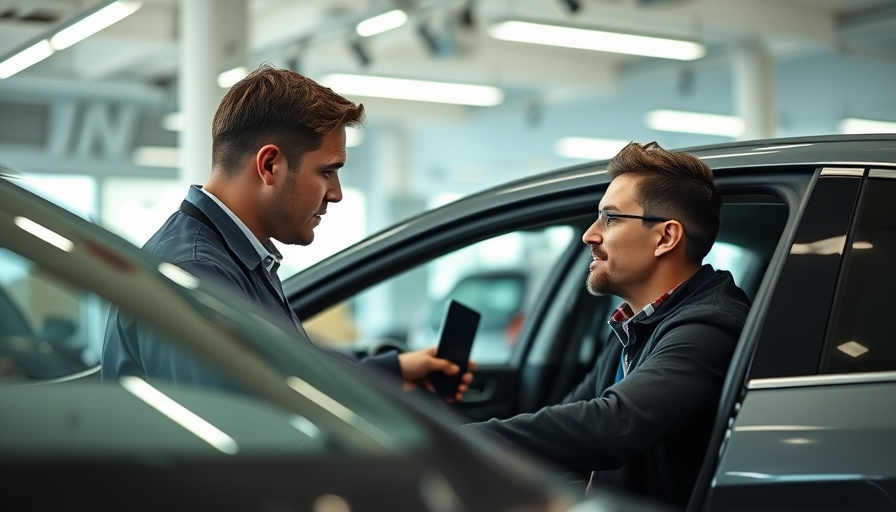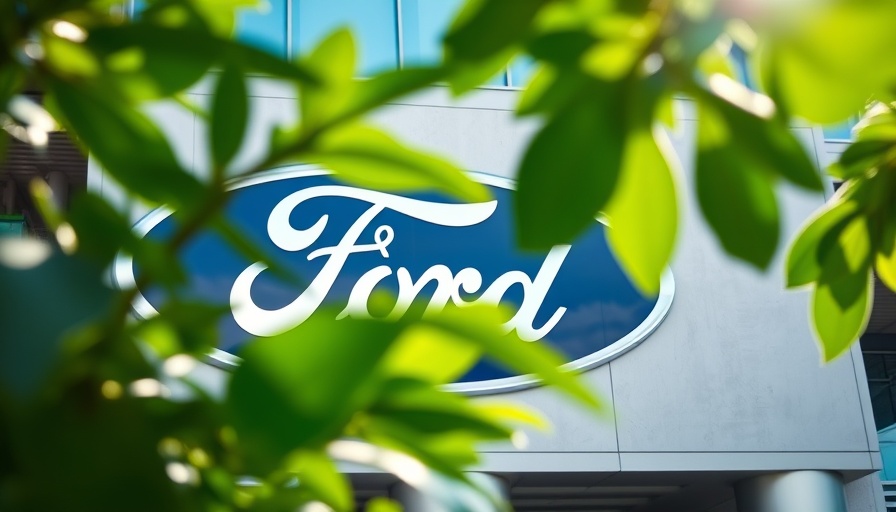
Unlocking Loyalty Through Effective Communication
In a marketplace where competition is fierce, the strength of customer relationships often hinges on communication. The automotive industry, particularly car dealerships, experiences this dynamic acutely. By mastering the art of communication, dealerships can not only facilitate sales but also build lasting loyalty. A strategic approach to customer communication positions dealerships as trusted partners in the car-buying journey.
The Shift Towards Digital Communication
As consumer preferences evolve, so too must the strategies employed by car dealerships. Texting, for instance, has emerged as a predominant communication channel, particularly among younger demographics. With a staggering 81 percent of individuals under 50 utilizing SMS, it's vital that dealerships harness this tool effectively. Text messages should be concise, informative, and respectful of customer privacy. The rapid response rate associated with SMS can significantly enhance engagement, making it a cornerstone of customer interaction strategies.
Email Strategies That Work
Email marketing remains a powerful avenue for car dealerships, yielding an average ROI of $42 for each dollar spent. To optimize email communications, dealerships should invest in captivating subject lines that spark interest and ensure that visuals are appealing. Incorporating clear calls to action positioned prominently in the email can drive engagement. Moreover, compliance with regulations like CAN-SPAM is essential not just for legal reasons but also to maintain customer trust.
Phone Calls: The Human Touch
Despite the growth of digital communication, phone calls retain a unique role in customer engagement, providing a personal touch that emails or texts cannot replicate. It's crucial for dealership staff to develop phone skills that foster a genuine connection, guiding customers through their inquiries with empathy and information. Tracking interactions and follow-ups can also demonstrate to customers that their needs are prioritized.
The Role of Social Media in Building Trust
Social media is another vital platform for engaging customers and establishing trust. Regular, authentic communication on platforms like Facebook and Instagram not only keeps customers informed about new arrivals and promotions but also builds a community around the dealership. Responding promptly to queries or comments turns a one-way message into a dialogue, making customers feel valued and heard.
Conclusion: The Importance of Adaptability
In the ever-evolving landscape of customer interaction, adaptability is key. Dealerships that embrace multiple communication channels—optimizing their approach to SMS, email, phone, and social media—position themselves to build stronger customer relationships, drive trust, and enhance sales. By focusing on clarity, empathy, and respect in every interaction, dealerships not only sell cars but also foster lasting connections.
 Add Row
Add Row  Add
Add 




Write A Comment